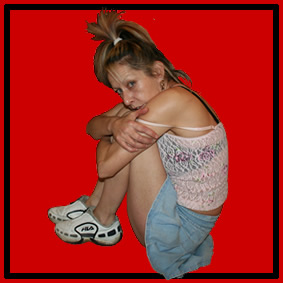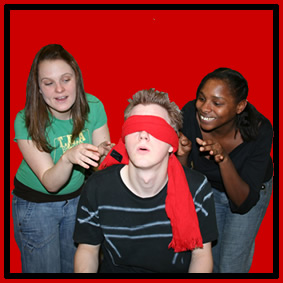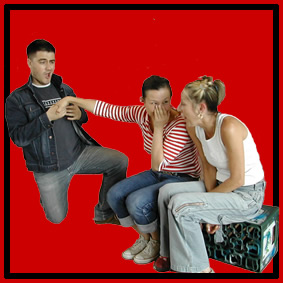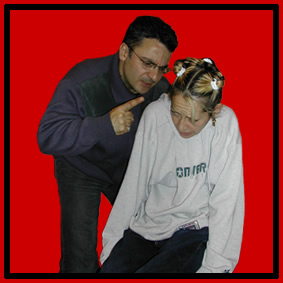drugs and
substance abuse
relationships and
domestic violence
knife crime
teenage pregnancy
and sexual health
consequences of
offending
skills for independent living
restorative
justice
bullying and emotional literacy
primary to
secondary
transition
alcohol misuse
exploring diversity and community cohesion |
THE EDGE
Exploring Diversity & Community Cohesion
The Edge was commissioned by the Metroplitan Police in Kensington & Chelsea in 2009. Its development and initial piloting was funded by The Royal Borough, Safer Communities Team.
Target audience
The Edge is suitable for young people in Mainstream Education and Pupil Referral Units aged from 11 upwards. The programme would also be suitable for Conference and Training events.
Objectives
- To encourage young people to embrace differences and diversity in a positive way.
- To encourage young people to respect the views and beliefs of others, even though these may not agree with their own.
More Precisely:
- To look at how an individual may come to believe something so strongly and passionately that they become intolerant of any differing or opposing views and are willing to go to extreme lengths to uphold and express their views.
- To look at how some young people (often through a need to belong, be accepted and to find a sense of purpose), can become easily influenced by others.
- To look at how easily people can be drawn into situations where events can spiral out of their control.
- To look at choices and the importance of questioning and challenging ideas in order to make informed, balanced decisions.
- to consider difference and the importance of respecting the views of others, even when they do not wholly agree with your own belief system.
- to consider our responsibilities as members of a community or society. Do we have a responsibility to question, challenge or make people aware of potential dangers?
The play
The Edge tells Sami's story, a keen and conscientious student who meets Jake, an older boy who has been excluded from school.
When Sami's teacher begins to pressure him over falling grades, Sami feels betrayed by the school and grows increasingly angry and marginalised. When he meets Jake, he finds an older, charismatic mentor, who has all the answers and seems to fully understand and appreciate what Sami is feeling and going through.
Jake is quick to fuel Sami's sense of resentment by enthusiastically explaining his own beliefs that the school and teachers exist solely to control them and limit their freedom. Increasingly, Sami becomes Jake's willing apprentice, growing intolerant and suspicious of his mother's and best friends's views, and their attempts to address his increasingly challenging, disruptive and aggressive behaviour.
The workshop
the workshop uses interactie exercises and discussion to explore the issues raised in the play. The group are encouraged to consider the journey that Sami went on. Did he change? How and why? What happened to Sami's behaviour witin school and towards his mother? Who, if anyone, played a part in Sami's change of character and beliefs?
The audience are able to meet and question and challenge both Sami and Jake about their points of view and actions throughout. Points of intervention where other characters may have been able to influence the outcome are discussed and actively explored with members of the audience.
Throughout the workshop questions are posed about our own beliefs. Who is responsible for how we each individually feel and what we believe? Is it acceptable to have a strong point of view or belief? if so, are there any times when it stops being acceptable?
|
    |





